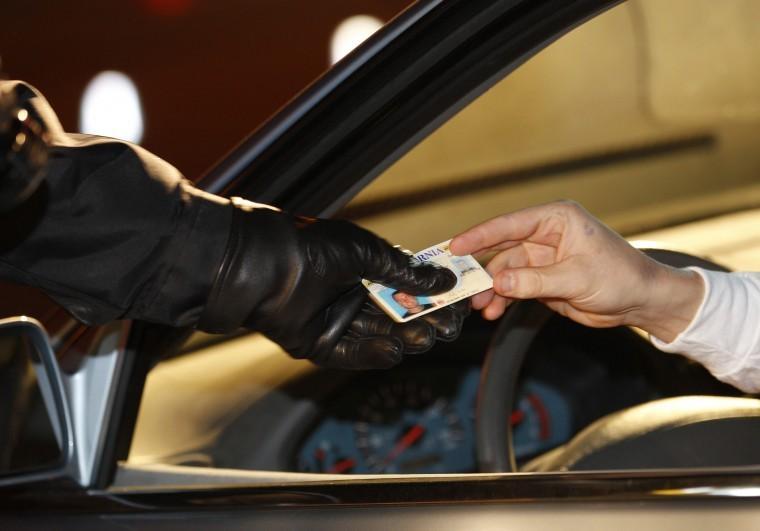We’re too young to have dead friends.
Although I can count them on one hand, the math — already a sore subject — is particularly unpleasant.
It doesn’t take long in my counting before I reach someone whose death was caused by a drunk driving accident.
And now I’m thinking, how many people do I know with DWIs?
Then, how many people do I know who still drink and drive?
The numbers quickly become unmanageable, and it’s apparent that, despite how much Louisianians love alcohol, Baton Rouge isn’t built to support our habits.
While living in the rural South has its benefits, larger distances between buildings means reliance on motor transportation.
Baton Rouge — with its clusters of bars and apartment complexes — slightly alleviates this, but for many, walking is not an option.
Distance isn’t the only deterrent.
Crime is high here, even in the sheltered hamlet around LSU. For example, a roommate and I walked down Alvin Dark Avenue just last Saturday night and were hit up for money and offered “exotic weed” by the same stranger.
Or maybe you remember a more serious incident last year when 22-year-old Gunnar Williamson was robbed in Tigerland and beaten so badly he later died.
By now you may be asking, why not take LSU’s night bus?
The drunk bus, as it’s been lovingly dubbed, is a great alternative to driving or walking, but suffers from some of the usual public transportation drawbacks. Buses tend to fill up, especially after last call, and sometimes you can be left waiting long periods before the next arrives.
Also, assuming you live within the surprisingly large territory the routes cover, it’s possible you’d have to do some creative bus switching to get to your destination — a task that may seem daunting to the inexperienced and inebriated.
If all else fails, taxicabs are an option. Most people I know seem naturally averse to cabs, though. The only imaginable explanation for this attitude is price where, once again, distance is a factor.
After spending most of your money at the bar, an additional charge at the end of the night is a disincentive to a safe ride home.
This charge, however, is far superior to the alternative you could receive if caught driving under the influence.
In the best-case scenario, no one is hurt, but you could still spend at least a night in jail and have to dole out some serious cash. For first-time offenders, a DWI ticket can cost up to $1,000.
Then there’s bail, court costs, increased insurance rates and hefty lawyer fees, even if you just enter a guilty plea.
If you’re lucky, you’re granted admission into Baton Rouge’s fledgling pretrial intervention program, which has the charge dismissed from your record upon completion. This too is a complete financial drain. Entry into the program alone costs $1,000, and by its end can cost more than triple that without even considering pay lost fulfilling program obligations.
No one would argue against alcohol’s deep roots in Louisiana culture.
Before 1996, we were the only state with a drinking age below 21, and that change was grudgingly fought until the feds threatened to withhold money for our highways.
We’re also in the minority of states that allow the drive-thru sale of alcohol, an outlandish practice that prompted Oregon Rep. Bill Kennemer to say, “We just don’t want to get to be like Louisiana,” when examining their own laws.
However, it would seem that Louisiana doesn’t want to be like Louisiana anymore in that respect, either.
Our state is cracking down on drunk driving, with approximately 45 police departments receiving grants to increase DWI checkpoints and officers patrolling to catch offenders.
Why risk your life or savings?
There are inherent disadvantages to the other options, but until there’s something better, shell out the money for a taxi, brave the bus system or, God forbid, make someone sober tolerate you all night and drive you home.
Baton Rouge needs better transportation options or smarter drunks. I don’t know which we’re likely to see first.





